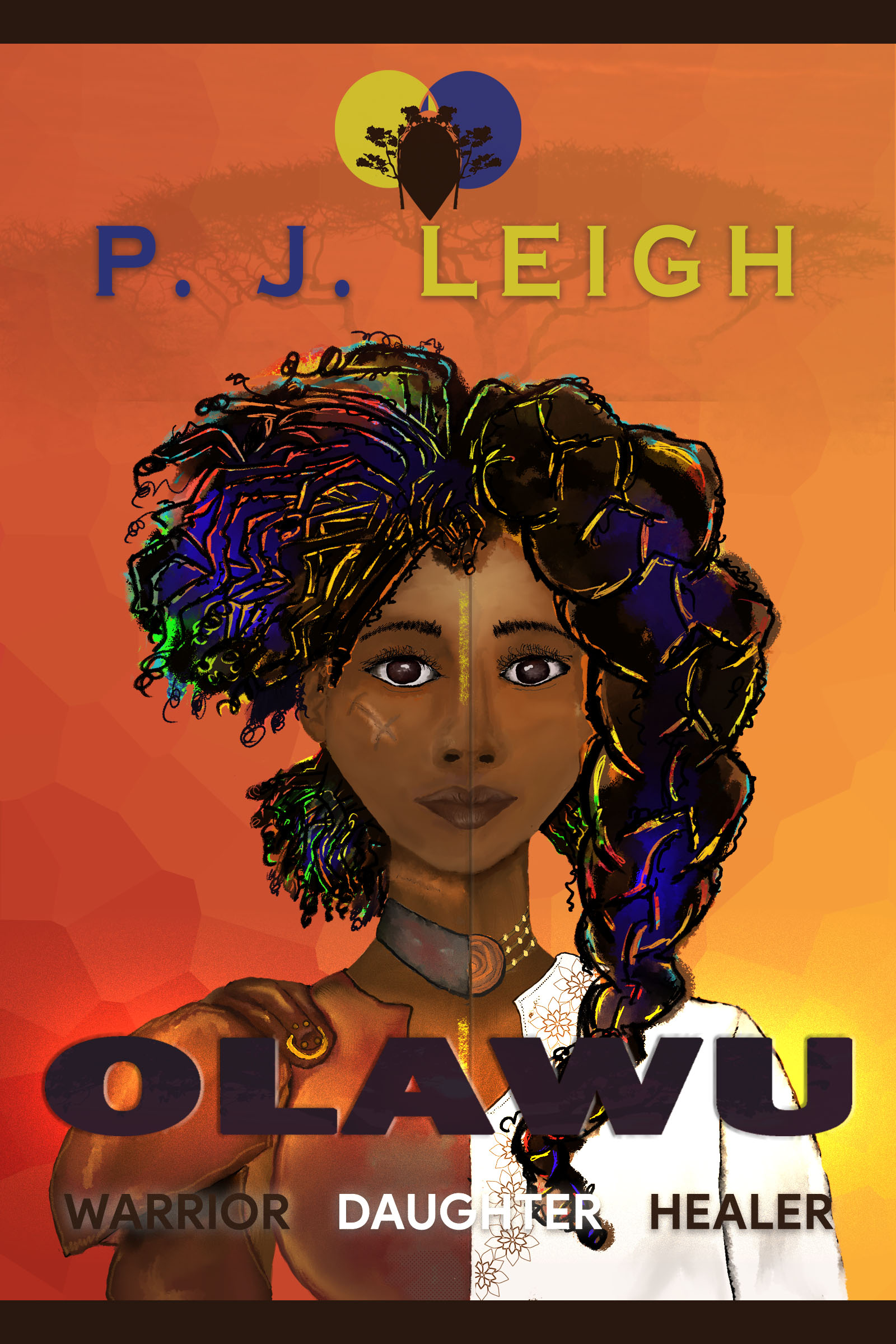
Six Simple Things I Tried To Get Over Writer Burnout
I recently experienced writer burnout.
It snuck up on me at first. Between my web novel series, technical difficulties, marketing headaches, and getting a Kindle Vella story uploaded and ready for public consumption, my margins just kept getting smaller. Late nights bled into early mornings (because my domestic responsibilities stop for no one). After weeks of this, I got tired. Really tired. Nothing I wrote made sense. My creativity took a nose dive. I started to spiral. Before I knew it, my candle ran out of wax.
Burnout for a writer can be devastating. It can take weeks or years to recover. Once I found myself in the danger zone, I started looking for ways out. Some of these things helped a little. Others helped a lot. Some just made things worse. But here are six very simple things I tried to get over it.
#1: Powering Through
My default setting for pretty much all of life’s problems. I didn’t know how to fix my writing problem, so I kept at it. When a story gave me trouble, I dedicated more time to it, working it and reworking it until I finally realized that nothing worked. I spent a lot of time trying, and failing to fix things, but it just made things worse.
#2: Distraction
I thought a distraction would help, and IG Reels and K-Dramas are my go-to. I spent hours watching videos of husband/wife shenanigans and silly dogs and tried to catch up on a series. But distraction is one of my self-sabotaging habits, and it only compounded my issues. My burnout involved more than mental fatigue. My eyes were tired, too. Once I started getting headaches, I realized I needed a clean break from screens altogether.
#3: Rest
If I’m exhausted, it makes sense to rest, right? I tried going to bed on time, with mixed results. Sleep deprivation is strange. After weeks of poor sleeping, my switch to good habits made me want to sleep more. I guess my body needed to catch up. Ultimately, I had to force myself out of bed most mornings and still woke up feeling tired and drained. Not a great start to a writing session.
#4: Switching to Analog
After a few gut-wrenching rounds of feedback on a project, I felt a little down and wholly uninspired. I needed to stay away from screens, but I still wanted to try to tap into my creativity. So I switched over to analog. That’s right – good, old fashioned pen and paper. I closed my laptop, pulled out my legal pad, and finally put to good use the Writer’s Toolbox I won as a prize.
After brainstorming new story ideas and using the toolbox to generate plot points, I started having fun again. I got out of my funk just enough to see the light at the end of the tunnel.
***Shameless plug for “Take Me Away,” the short story that earned me the Toolbox prize. And another shameless plug for legal pads. They are essential!***
#5: Beta Reading
My brainstorming session provided a creative boost, but I couldn’t jump back into writing just yet. Diving into someone else’s work is a great way to clear your head of yours. You can see the faults and talents of others better than you can spot your own – and there’s less pressure. While I did enjoy the altruistic act of beta reading, it did not help my writer’s funk at all. That’s when I knew things were serious.
#6: Decreasing My Workload
Finally, I decided I needed an actual break. I skipped a few deadlines and gave myself permission to slum it at home. Exercise. Focus on eating better. Ignore the short story giving me trouble (Okay, I made it half the day on this).
I don’t feel like I’m all the way out of it, but I do feel like I’m out of the danger zone. My next step is to work on a strategy to mitigate the issue and prevent it from happening often. One of my biggest behavioral issues is the need to finish things right away. If I start a project, I want it done immediately. I obsess over it until it’s finished, which can often mean spending sleep hours writing, and family time writing, and leisure time writing. I’m hoping that stricter adherence to my writing schedules will help prevent future burnout.
If you find yourself burnt out, then something’s out of balance. Maybe you need rest. Or a distraction. Or maybe, there’s just too much on your plate right now. Trial and error will help you figure out what works best for you, but what you don’t want to do is ignore the warning signs. The deeper you’re in, the harder it is to get out. So take note, and be patient with yourself.
That’s my Write or Die Advice. Happy balancing.

